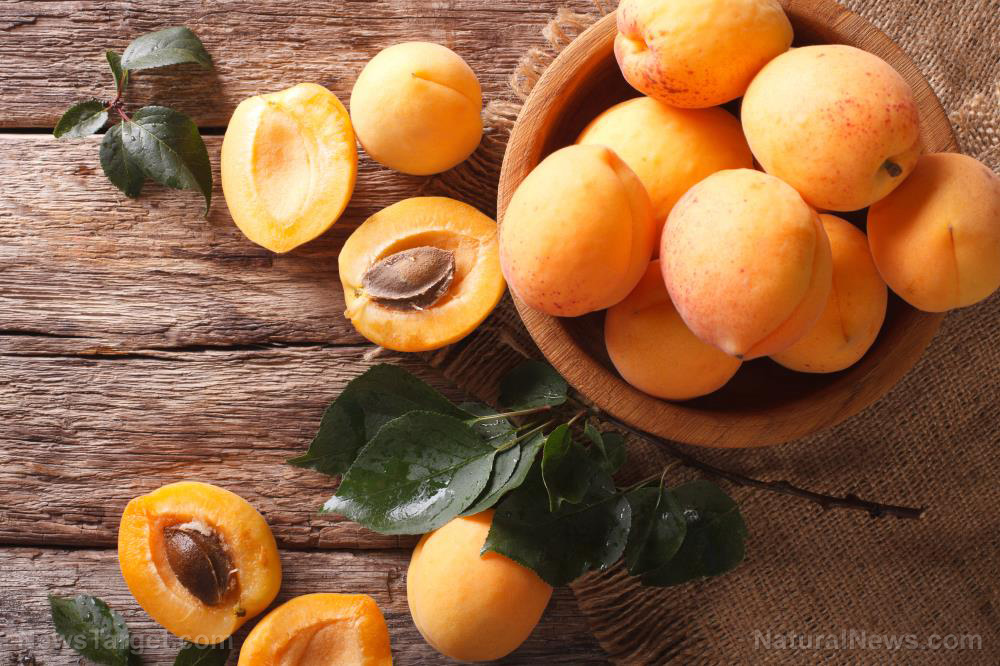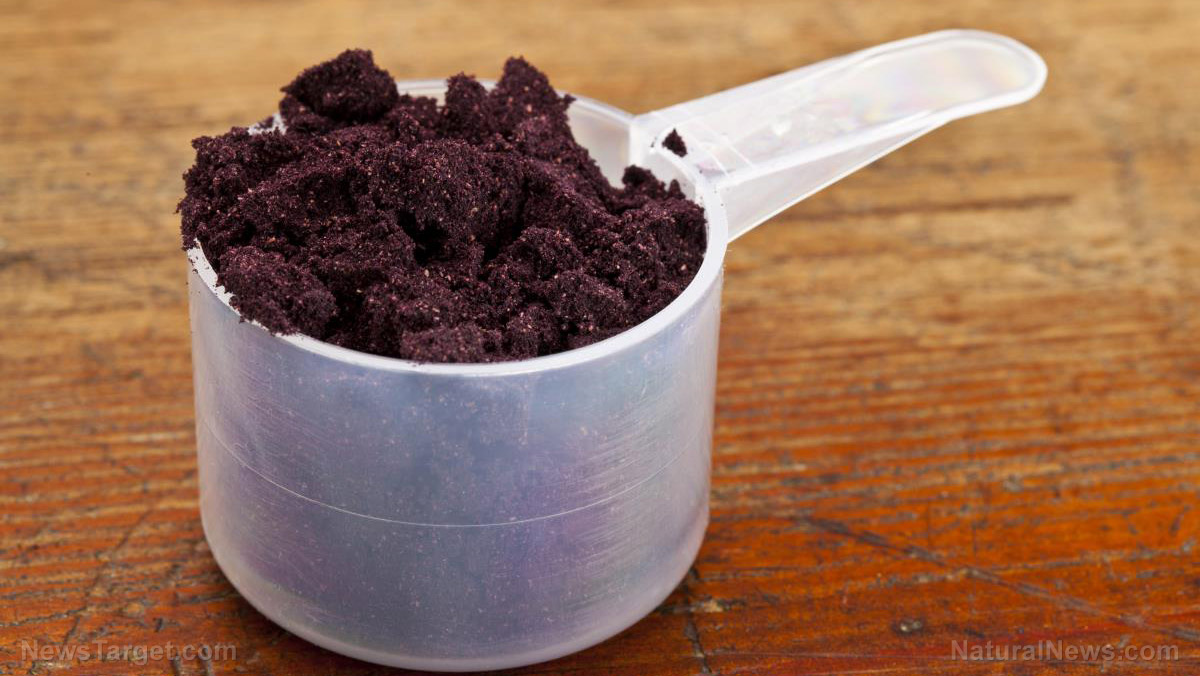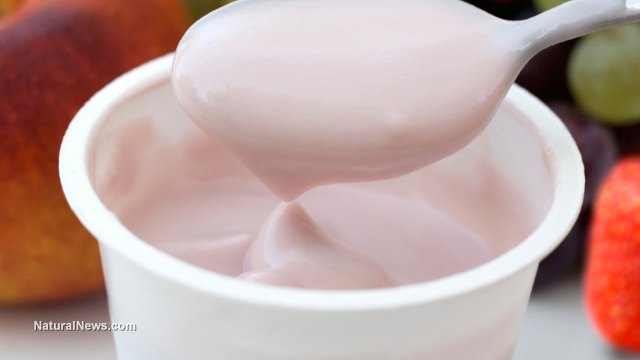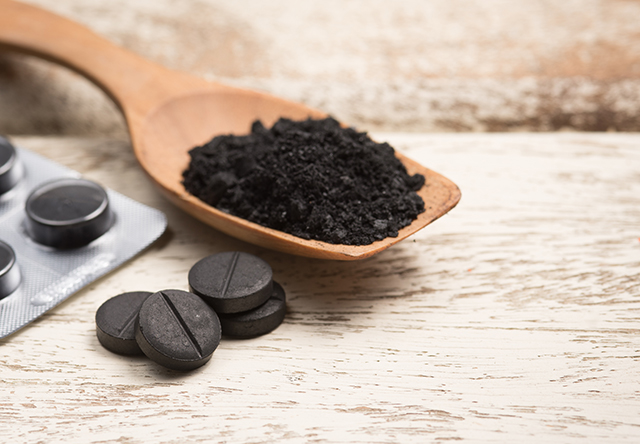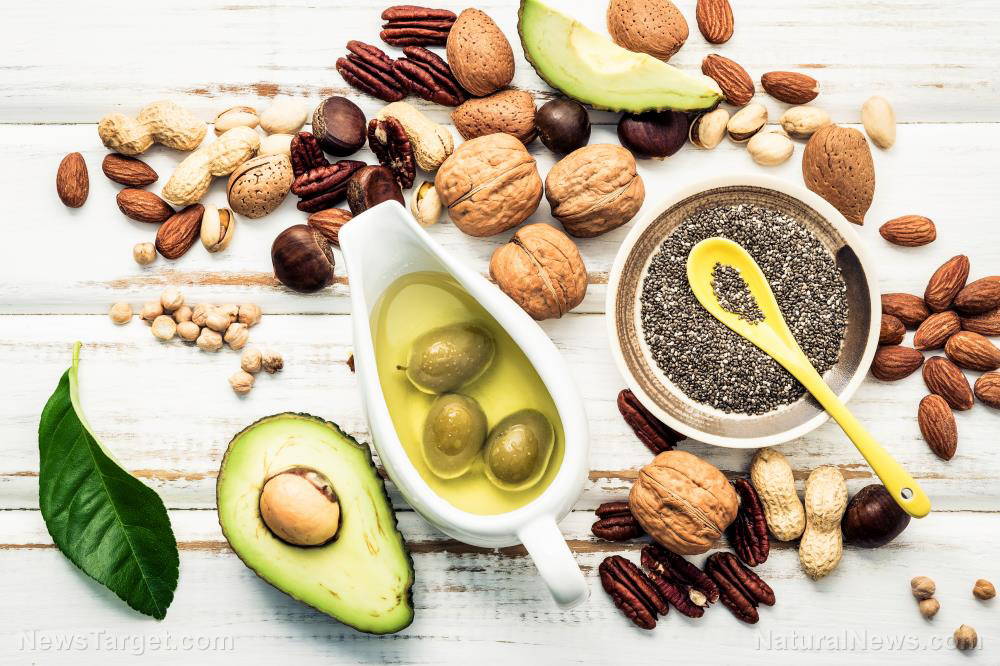What’s up, doc? Carrots are one of the best foods to eat if you have heart problems
07/22/2018 / By RJ Jhonson

Say what you will about Bugs Bunny, but he was definitely right about liking carrots. While this common vegetable is known for improving eyesight, its considerable nutritional content lets it do so much more, including helping care for your heart.
The health benefits of the carrot are as varied as its colorful varieties. You probably only recognize the orange kind – the one you see in almost all supermarkets today – but it actually comes in white, yellow, red, and purple varieties. Its different colors aren’t just for show – they also tell you which phytochemicals the particular type of carrot contains.
Orange carrots are rich in beta-carotene, which is converted by the body into vitamin A, a potent antioxidant that helps in maintaining the eyes and skin. It’s also believed to have anti-cancer properties. Yellow carrots don’t contain as much beta-carotene, but they’re rich in lutein needed for healthy eyesight.
Red carrots, on the other hand, contain the antioxidant lycopene, which is noted for helping protect the body against cancer. Red varieties also contain moderate amounts of lutein and alpha- and beta-carotene.
Purple and white carrots are both good for the heart. Purple varieties contain anthocyanins, which are antioxidants known for their anti-inflammatory and cardio-protective properties. White carrots don’t contain as much anthocyanin but are rich in potassium which is essential for lowering blood pressure.
Clinical studies, however, suggest that to gain the heart-protective benefits of carrots, you don’t have to eat just the white and purple varieties. All carrots have an abundance of antioxidants that fight free radicals – molecules that disrupt cellular function and damage the tissues. Having an uncontrolled level of free radicals in the body leads to oxidative stress which, in turn, results in organ damage and serious diseases like cancer and heart disorders.
Mother Nature's micronutrient secret: Organic Broccoli Sprout Capsules now available, delivering 280mg of high-density nutrition, including the extraordinary "sulforaphane" and "glucosinolate" nutrients found only in cruciferous healing foods. Every lot laboratory tested. See availability here.
One research revealed that carrot juice has enough antioxidants to protect the body from lipid peroxidation that leads to heart disease. Another study added that the intake of alpha- and beta-carotene, nutrients found aplenty in carrots, can reduce your risk of dying from cardiovascular disease.
As an added bonus, antioxidants help care for your skin, so you don’t just feel young at heart, you – literally – look young, too.
But the health benefits of carrots don’t just end there. Like all vegetables, they’re rich in dietary fiber, specifically, soluble fiber. Inside your body, cholesterol can build up in your blood vessels as plaque. This constricts the flow of blood and increases your risk of a heart attack. Bile acids are partly responsible for this as they help in the absorption of cholesterol.
Soluble fiber binds to bile acids, preventing them from facilitating cholesterol absorption. As a result, cholesterol and plaque build-up is prevented, lowering your risk of developing heart disease.
Quick facts about carrots
The history of the carrot is as colorful as its varieties. It was first cultivated in Afghanistan in the seventh century, but the development of frost-tolerant varieties means you can now find carrots in almost any part of the world.
The first carrots were anything but orange. They were yellow with a purple interior. The Dutch developed the orange variety, while the French developed elongated carrots sometime in the 17th century. It was the English that brought carrots to the New World.
The wild variety of carrots is called the Queen Anne’s lace. It’s edible and medicinal, but it looks similar to the hemlock, one of most toxic plants on Earth.
Eating too many carrots can leave you yellow – literally – as the vegetable’s beta-carotene content can change your skin’s color. This temporary side effect is called carotenemia. It dissipates once your body processes the beta-carotene.
Did you know that Mel Blanc, the voice actor who brought Bugs Bunny to life, isn’t very fond of carrots? Find more fascinating information about carrots and other vegetables at Veggie.news.
Sources include:
Tagged Under: beta carotene, cardiovascular health, carotenemia, carrots, dietary fiber, food as medicine, food cures, functional food, grocery, heart health, lutein, lycopene, nutrients, nutrition, phytonutrients, plant cures, plant medicine, potassium, prevention, vegetables

